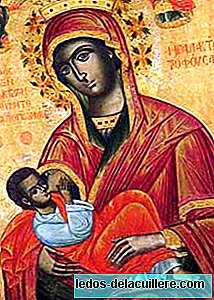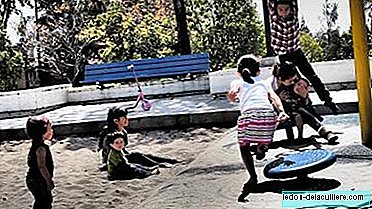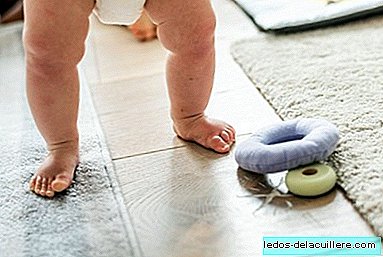
I found a very interesting job that tells us about the great importance who had breastfeeding for the survival of children in the Middle Ages.
The work was carried out on human remains of a village that was abandoned during the Black Death. Until then I could consider proven that children were almost fundamentally fed with breast milk until eighteen months, even if water and solid foods were added to their diet.
They were in very good condition, but only while still receiving breast milk.
These children had a growth and development equal to that of the children of today's advanced societies, since breast milk protected them from diseases and provided them with a reliable and contamination-free diet.
However, when breastfeeding ceased, mortality skyrocketed and malnutrition and slow growth also arrived, so much that it has been shown that human beings continued to grow until they were 20 years old, and not until 18 as is currently normal. This is explained because during childhood they did not receive, once weaned, enough food and did not grow at the normal rate.
The extension of prolonged breastfeeding, in addition to the practical issue in a context of food shortages, was due to cultural reasons. Possibly it was clear that breastfeeding kept the children well nourished and healthy, in addition to having women in an enabling environment, in which it was common to breastfeed and receive support and reliable information from other experienced mothers.
It is interesting to note that breastfeeding demonstrates its historical importance in the Middle Ages as a protective factor of the health and survival of babies, even in the context of food crises and the worst possible health conditions.












